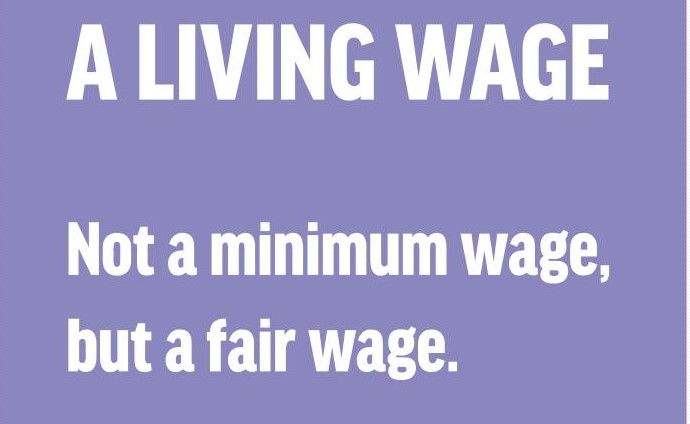The national living wage, the statutory national minimum wage for those aged 25 and over, will increase 4.9% from 1 April 2019, from £7.83 to £8.21.
The Low Pay Commission (LPC), which recommended the increase, estimated that the increase will benefit around 2.4 million workers. Subject to sustained economic growth, the government’s aim is for the national living wage to reach 60% of median earnings by 2020.
Announcing the increase in the Budget in October, the chancellor Philip Hammond said: “From April [the National Living Wage] will rise again, handing a full-time worker a £690 annual pay increase.”
The Treasury says the annual earnings of a full-time minimum wage worker will have increased by over £2,750 since the introduction of the NLW in April 2016.
The government accepted all of the LPC’s recommendations for the other national minimum wage to apply from 1 April 2019:
- increasing the rate for 21- to 24-year-olds by 4.3% from £7.38 to £7.70 per hour;
- increasing the rate for 18- to 20-year-olds by 4.2% from £5.90 to £6.15 per hour;
- increasing the rate for 16- to 17-year-olds by 3.6% from £4.20 to £4.35 per hour;
- increasing the rate for apprentices by 5.4% from £3.70 to £3.90 per hour; and
- increasing the accommodation offset by 7.9% from £7.00 to £7.55.
In the coming months, the government will consult with the LPC and others on the LPC’s remit for 2020 onwards.
Bryan Sanderson, chair of the LPC, said: “The increase in the national living wage (NLW) to £8.21 in April 2019 will ensure a pay rise for the lowest-paid workers that exceeds both inflation and average earnings.
“Over the past year, the labour market has continued to perform well and the economy, while subdued, has met the criteria of ‘sustained growth’ set out in our remit for the NLW. We therefore recommended an increase in line with a path to 60 per cent of median earnings by 2020.”
On current forecasts, the LPC estimates that the NLW will reach £8.62 in April 2020.
He added: “We recommended real-terms increases to the national minimum wage (NMW) rates for younger workers and apprentices, as the labour market conditions for these groups remain strong. These rates will continue to rise faster than both inflation and average earnings.
“We opted for smaller increases than we recommended last year because of slightly weaker labour market conditions for young people, combined with insufficient evidence to fully understand the impact of the largest increases in a decade implemented in April of this year. However, next year’s will still be some of the highest increases on record.”

